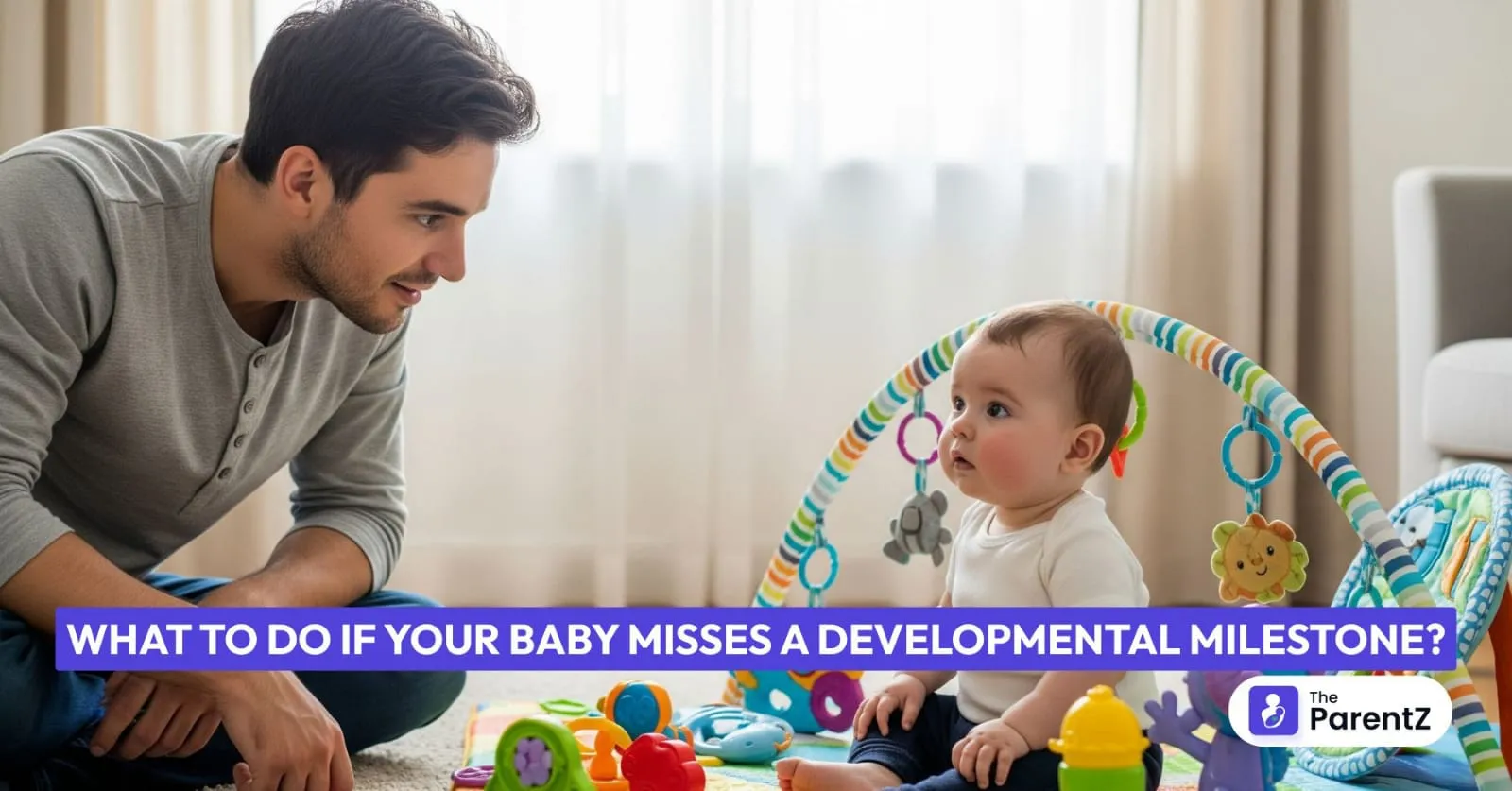If you’re reading this, chances are you’ve noticed your baby hasn’t hit a milestone as “on time” as you expected—and your mind is racing with worry. First off, take a deep breath. You are not alone, and missing a milestone is something most parents have faced, wondered about, or even lost sleep over.
What Are Developmental Milestones and Why Do They Matter?
Developmental milestones are common skills kids usually achieve around certain ages, like rolling over, saying “mama,” or walking. There are milestones in areas like talking, moving, playing, and socializing, and they typically follow a shared timeline. But—and this is so important—every baby has their own pace. A bit of wiggling in the timeline is normal.
You might see your baby’s friends babbling while yours is still cooing, or someone else’s baby walking while yours is just starting to pull up. Babies can be ahead in some areas but slower in others. All of this counts as normal development.
What Does “Missing a Milestone” Look Like?
Missing a milestone doesn’t mean your child is destined for ongoing struggle. It simply means your baby hasn’t done something most kids do at that age. Children often develop unevenly—they might be early walkers but late talkers, or socially advanced but slower with fine motor skills.
However, there are some patterns worth paying attention to:
Red flags that deserve attention:
- Not meeting several milestones across different areas
- Losing skills they once had
- Showing little progress over several months
- Significant delays in multiple developmental areas
For instance, if an 18-month-old isn't using any words, avoids eye contact, and seems uninterested in playing with others, these combined concerns might indicate the need for professional evaluation.
Examples of concerning patterns:
- A 2-year-old who isn't walking and shows no interest in trying
- An 18-month-old with no words who doesn't respond to their name
- A child who seems extremely sensitive to sounds, textures, or changes in routine
- Loss of previously acquired skills at any age
When Those Parental Instincts Start Buzzing
Every parent has that inner voice—sometimes it whispers, sometimes it shouts. Maybe you've noticed your toddler doesn't seem to hear you when you call their name, or your preschooler struggles with activities that seem easy for their peers. Maybe other family members have made comments, or daycare providers have mentioned concerns.
Trust those instincts. You spend more time with your child than anyone else, and you know them best. If something feels different or concerning, it's worth exploring—not because you're being paranoid, but because you're being a thoughtful, caring parent.
Your Action Plan: What to Do Next
Step 1: Document What You're Seeing
Start keeping simple notes about your concerns. When do you notice challenges? In what situations does your child struggle or excel? This information helps professionals understand your child's patterns.
Step 2: Talk to Your Pediatrician
Your child's doctor should be your first stop. They can perform initial screenings and help determine if further evaluation might be helpful. Don't worry about "bothering" them—this is exactly what they're there for.
Step 3: Consider a Developmental Screening
Many community centers, early intervention programs, and therapy clinics offer quick developmental screenings. These friendly, play-based assessments help identify areas where your child might benefit from additional support.
Step 4: Pursue Comprehensive Evaluation if Needed
If concerns persist, a thorough evaluation can provide detailed insights into your child's strengths and challenges across all developmental areas. This isn't about labeling your child—it's about understanding how to support them best.
Step 5: Access Early Support Services
Based on evaluation results, your child might benefit from services like speech therapy, occupational therapy, or behavioral support. Many areas offer these services through early intervention programs at little or no cost to families.
The Magic of Early Intervention
Here's something beautiful about young children: their brains are incredibly adaptable. The earlier challenges are identified and addressed, the more responsive children tend to be to support and intervention.
Early intervention isn't about "fixing" children—it's about giving them the tools and strategies they need to succeed. A speech therapist might help a late talker learn to communicate more effectively. An occupational therapist might help a child develop the fine motor skills needed for drawing and self-care. These supports often make huge differences in children's confidence and abilities.
Conclusion
Every child develops at their own pace, and variations in development are completely normal. Some children are cautious observers who prefer to master skills privately before showing them off. Others are risk-takers who attempt new challenges before they're fully ready.
The goal isn't to rush your child or compare them to others; it's to make sure that they have the support they need to reach their full potential. Whether that means a little extra help with speech, some strategies for sensory challenges, or simply the reassurance that they're developing typically, getting answers brings peace of mind.






Be the first one to comment on this story.